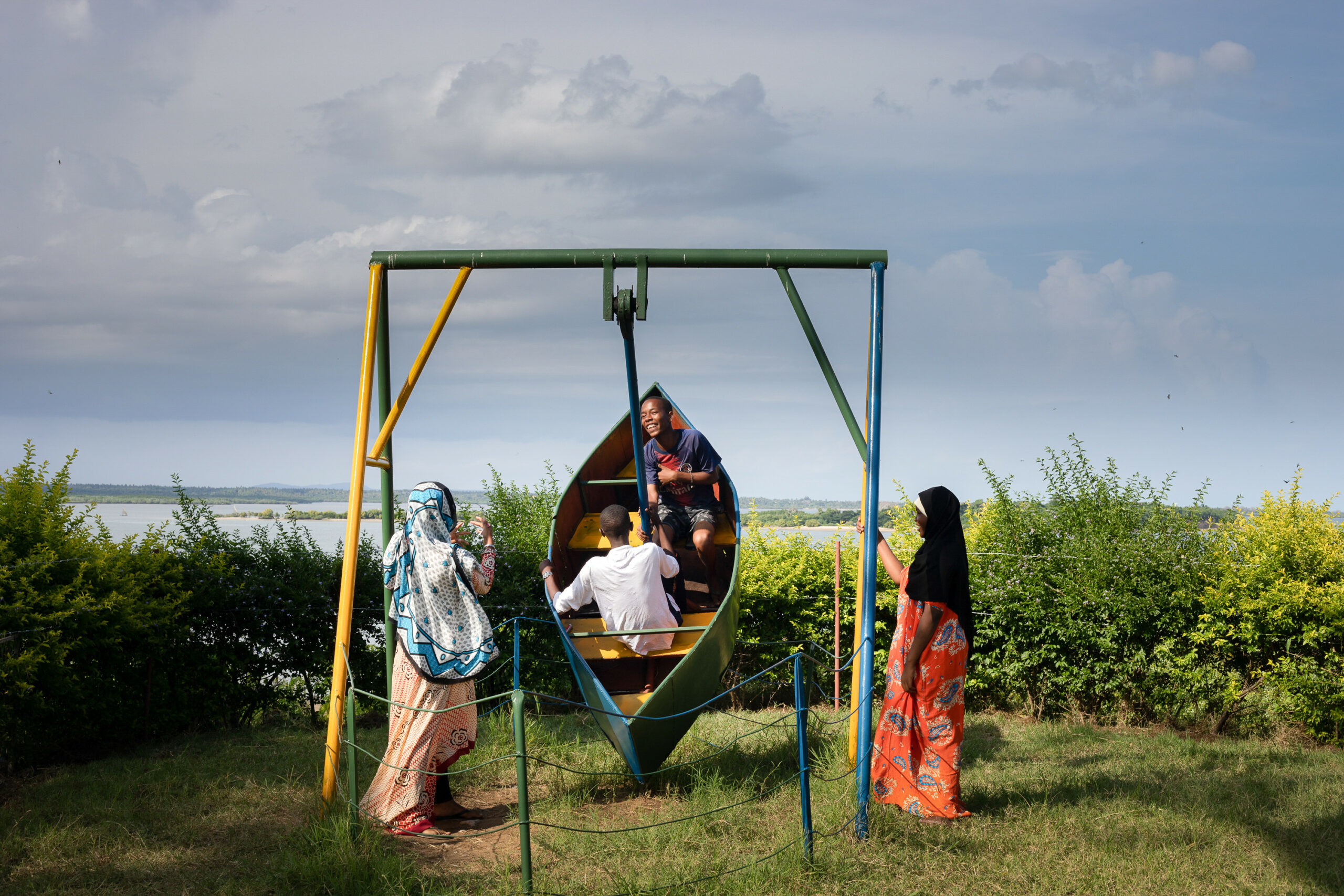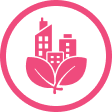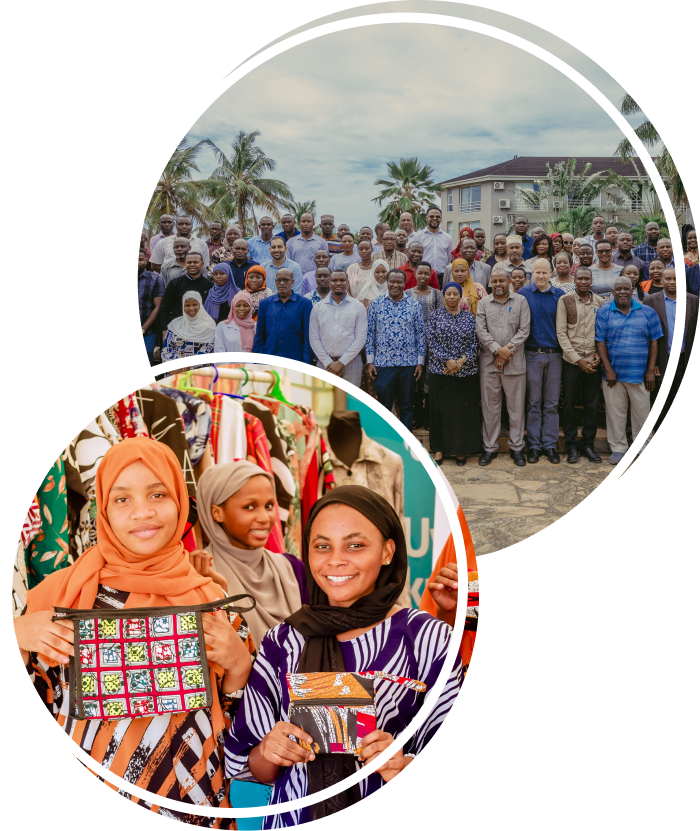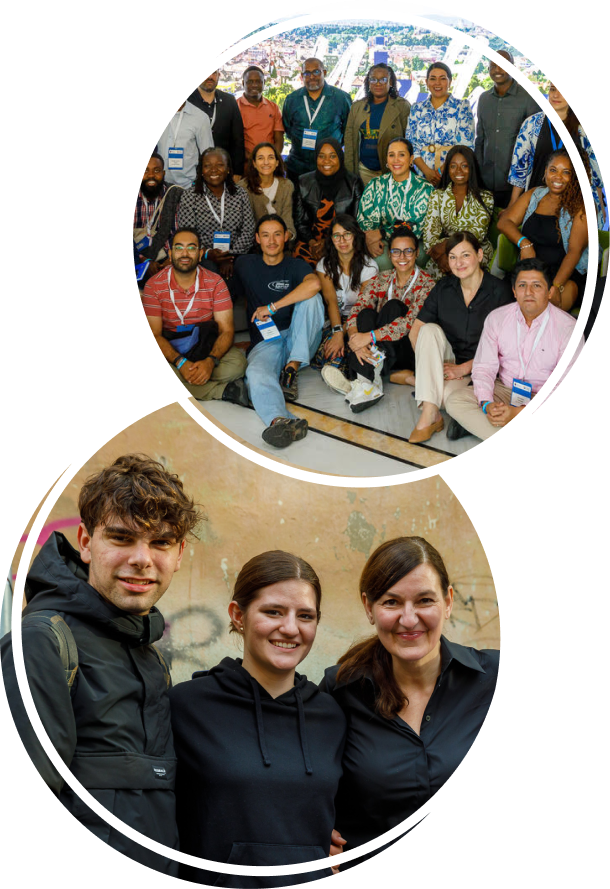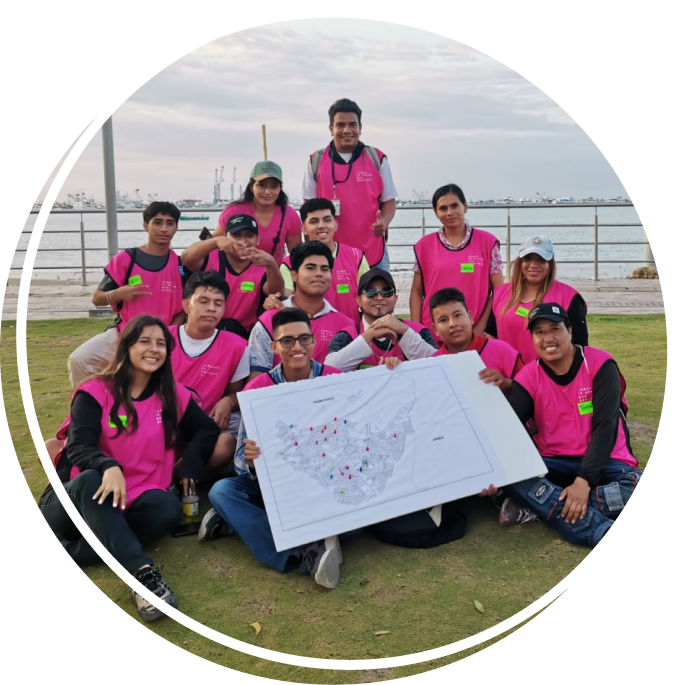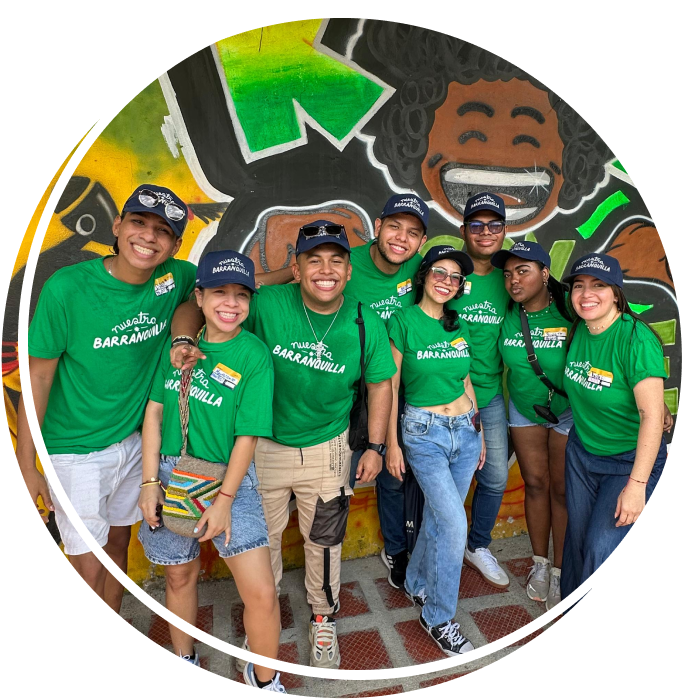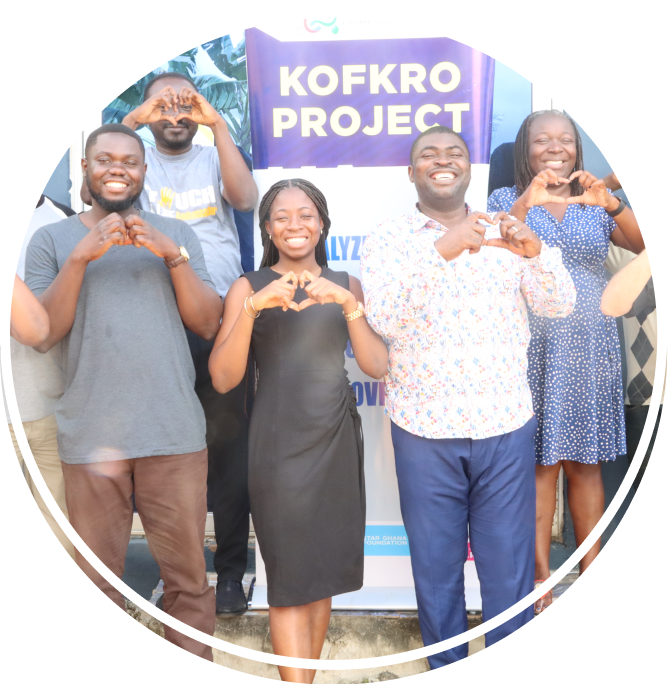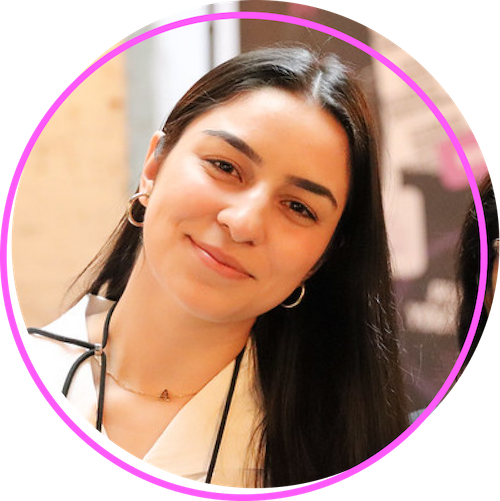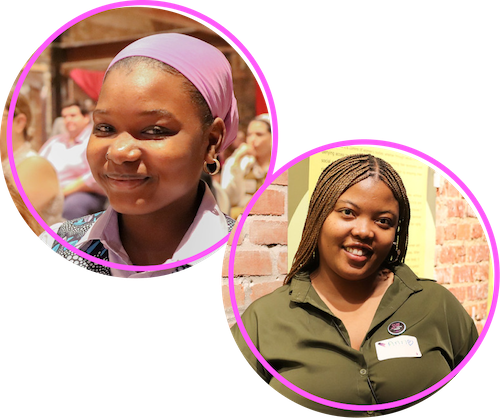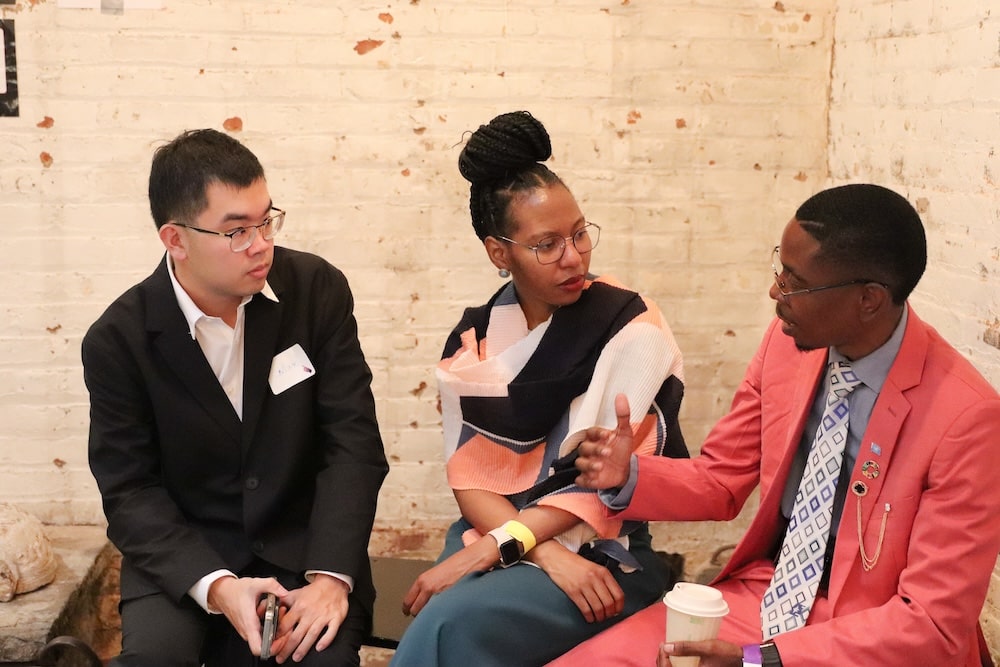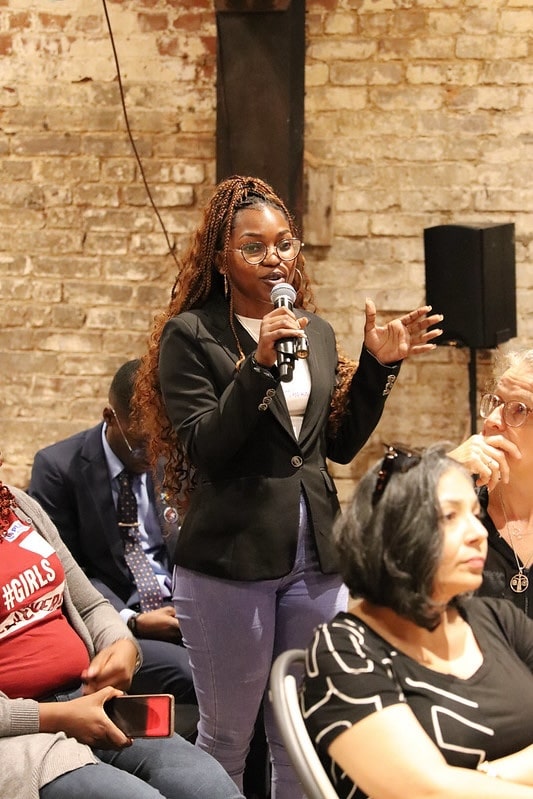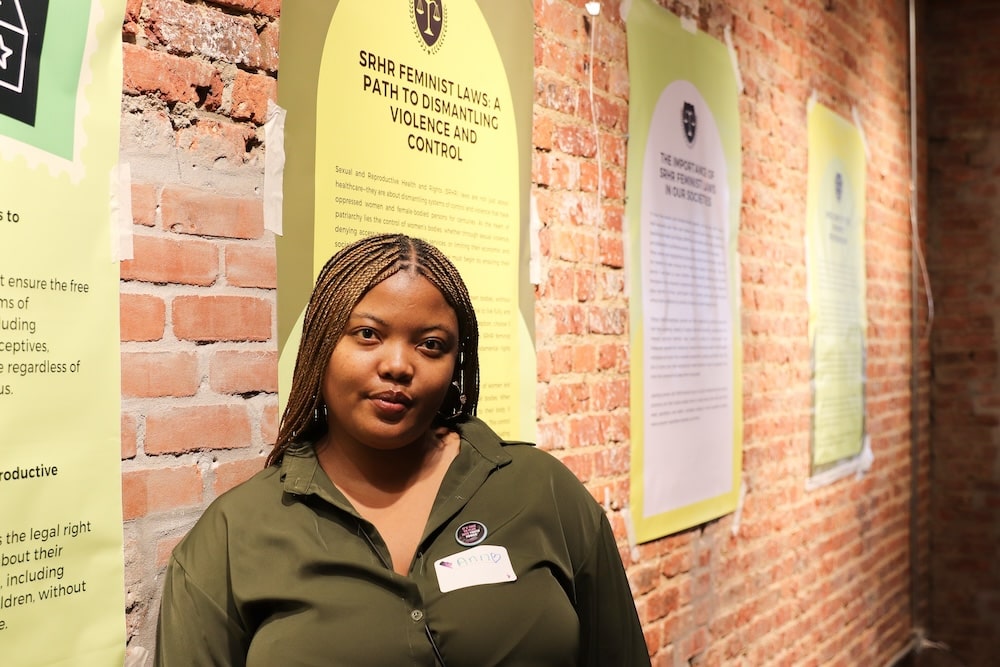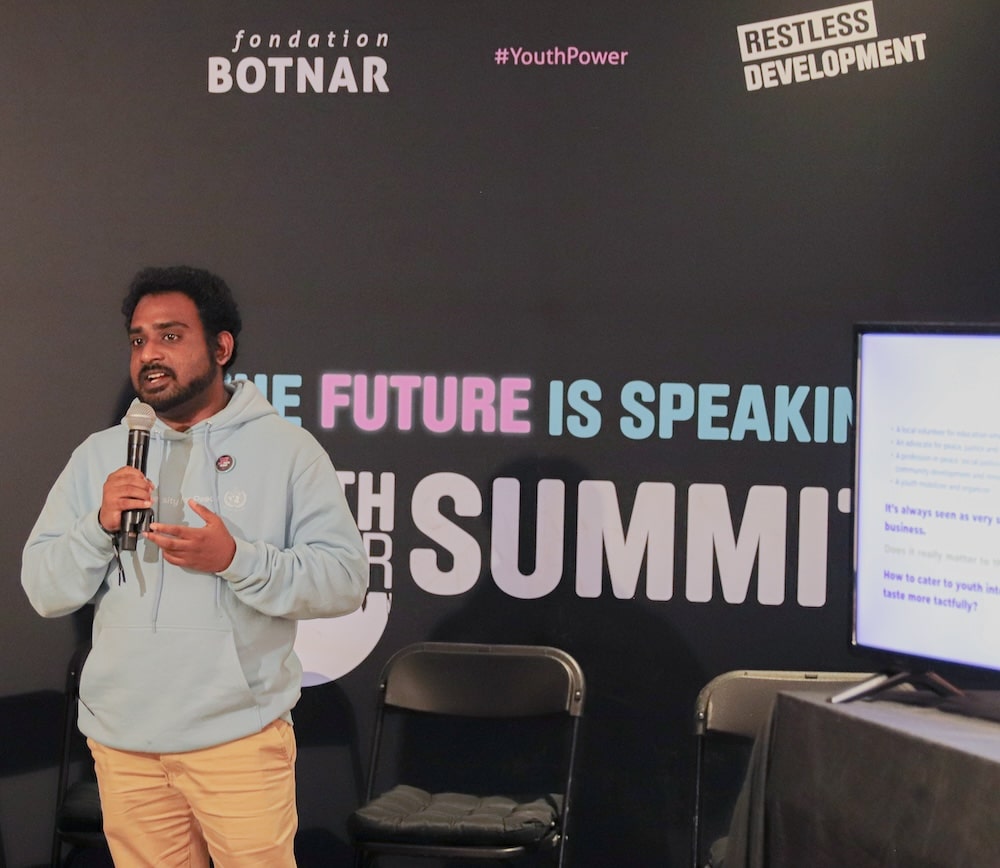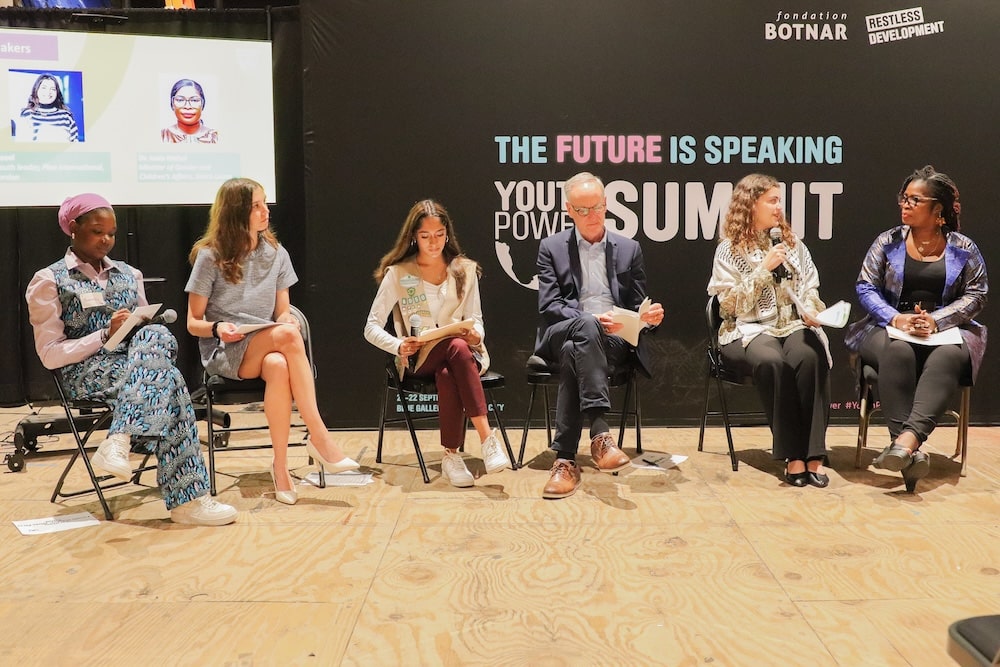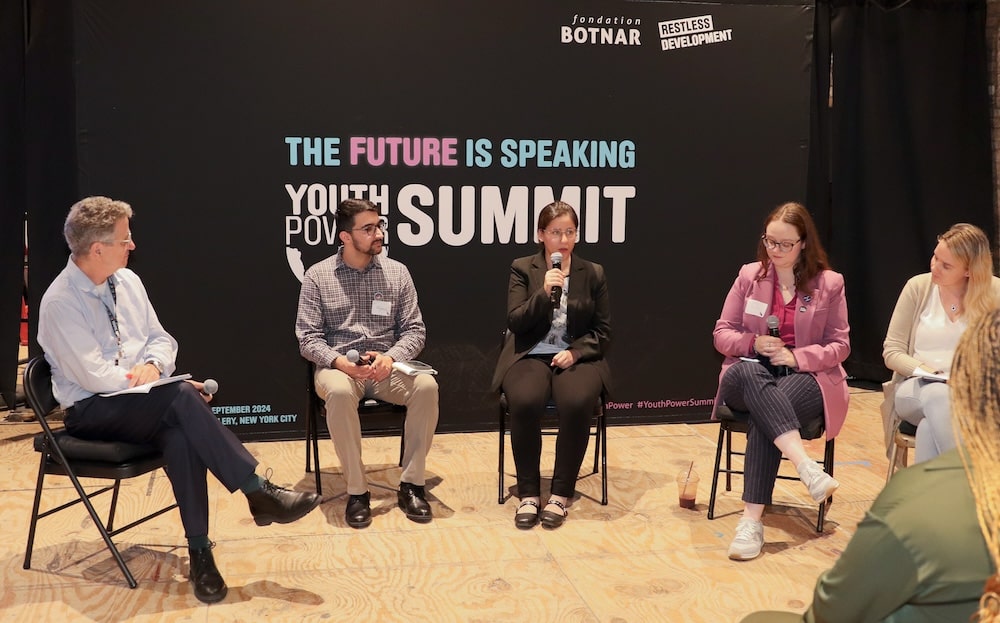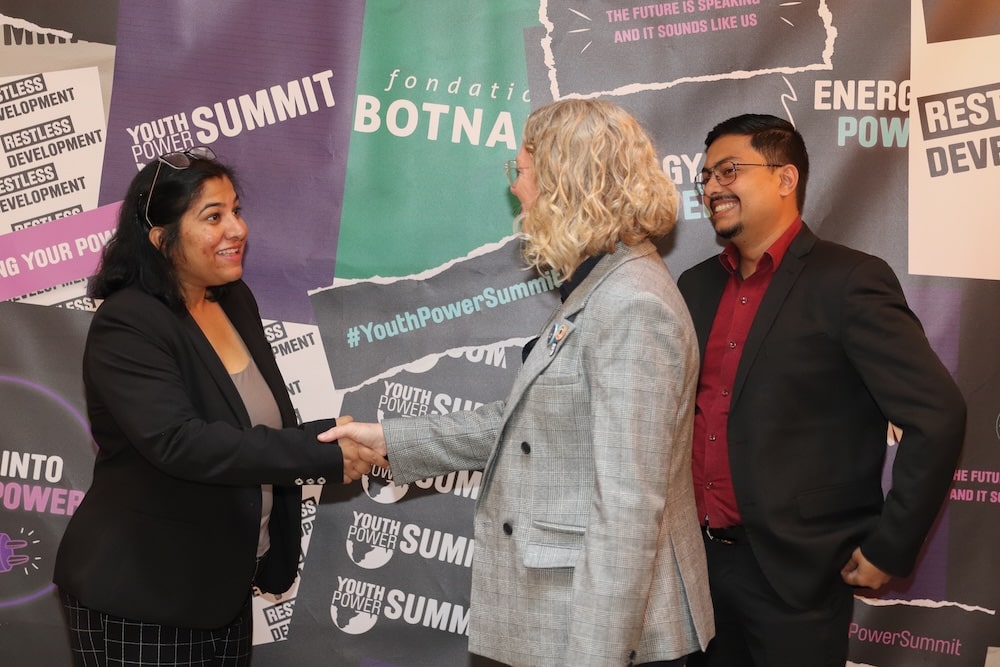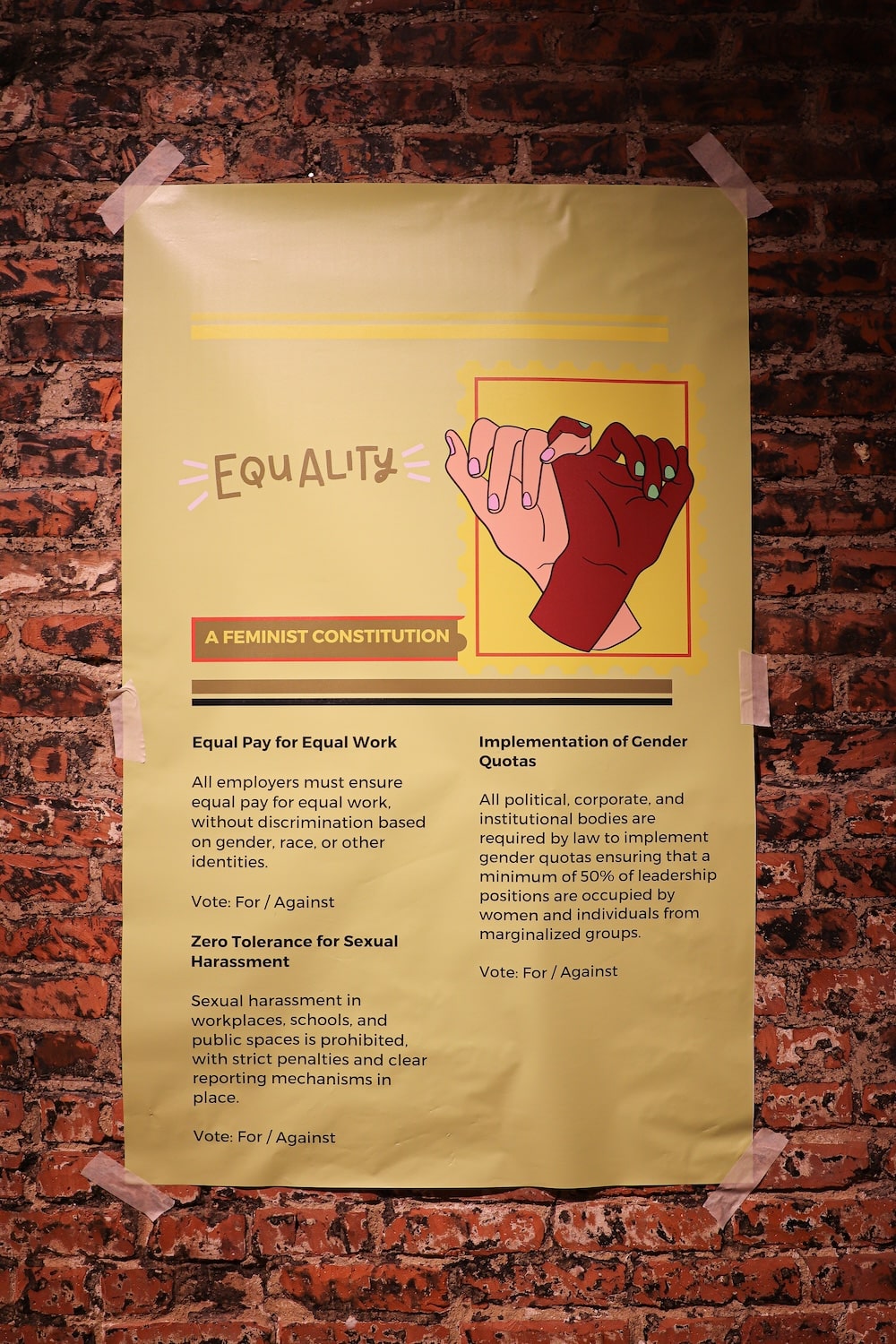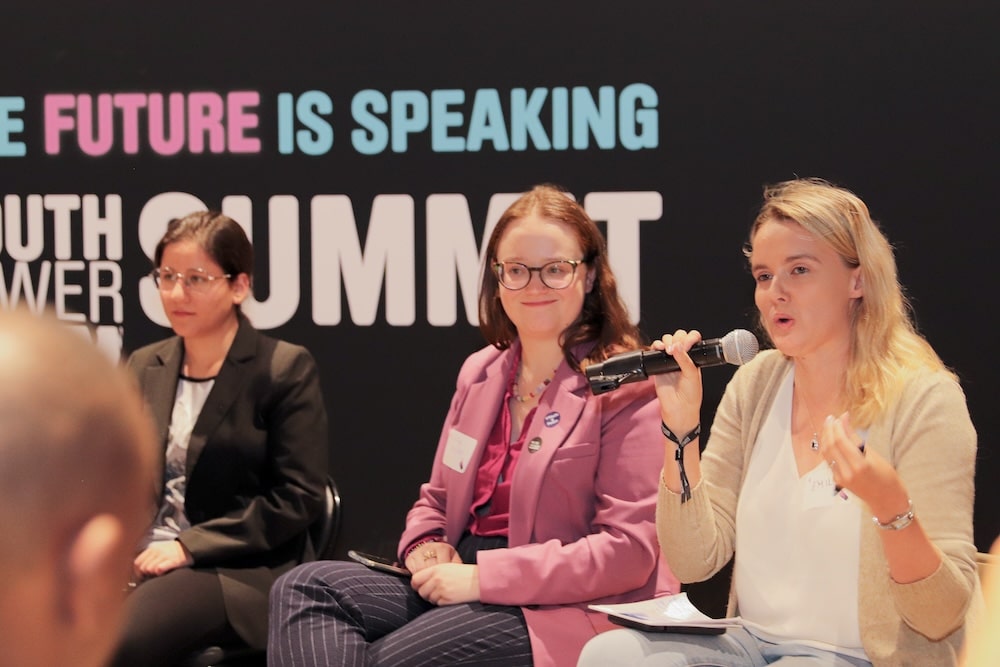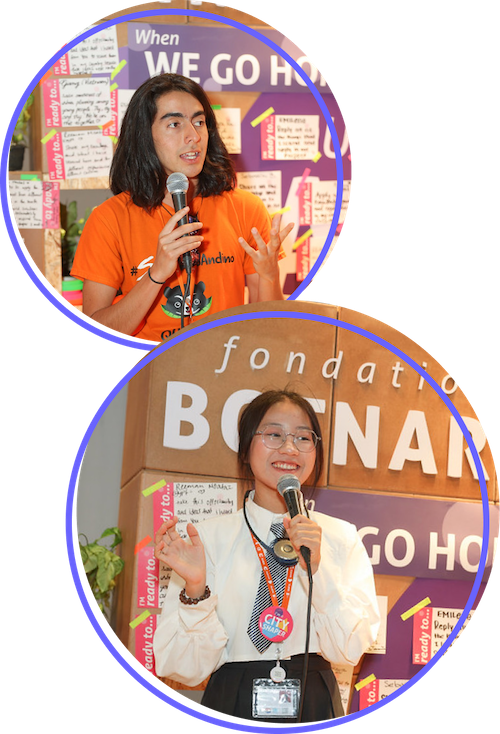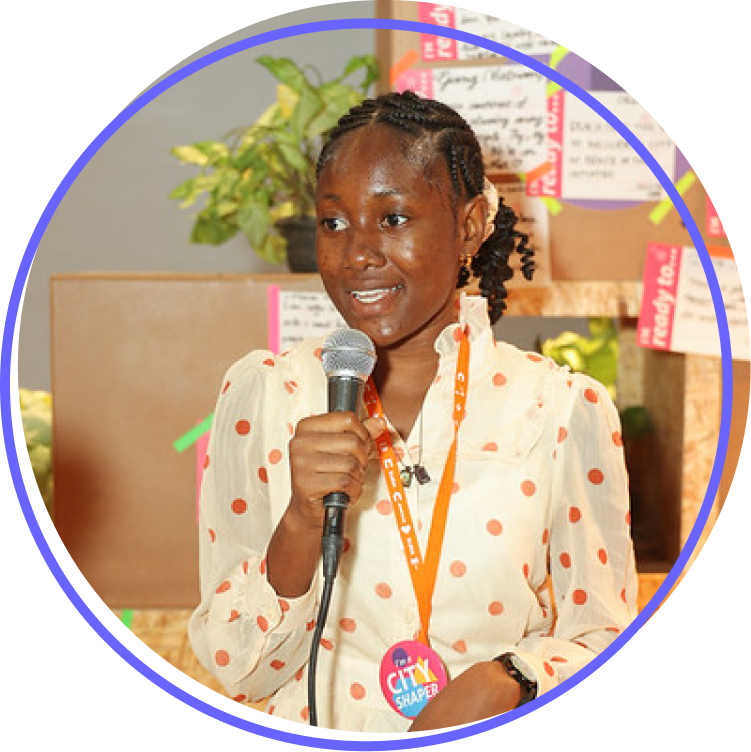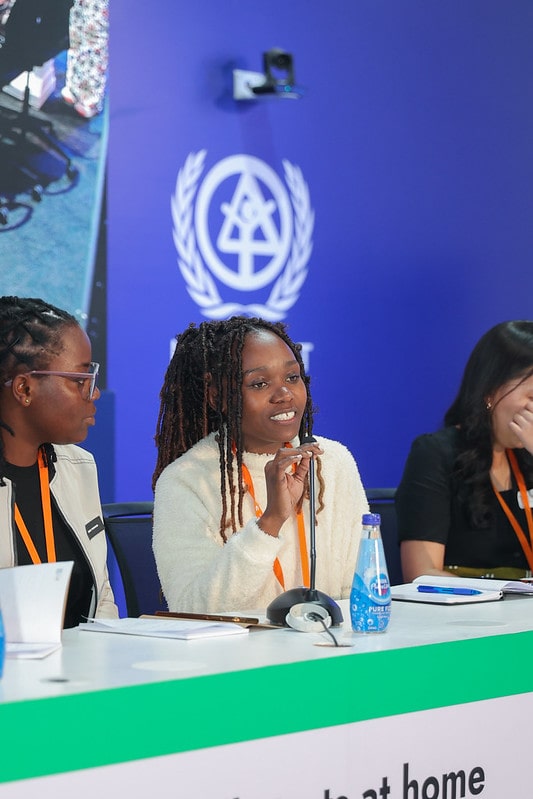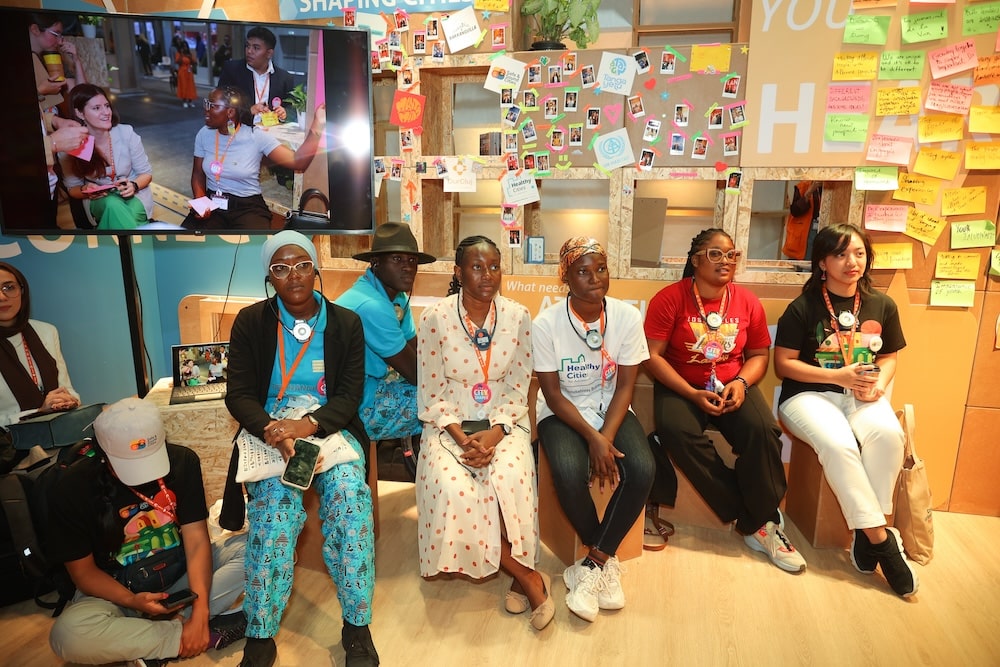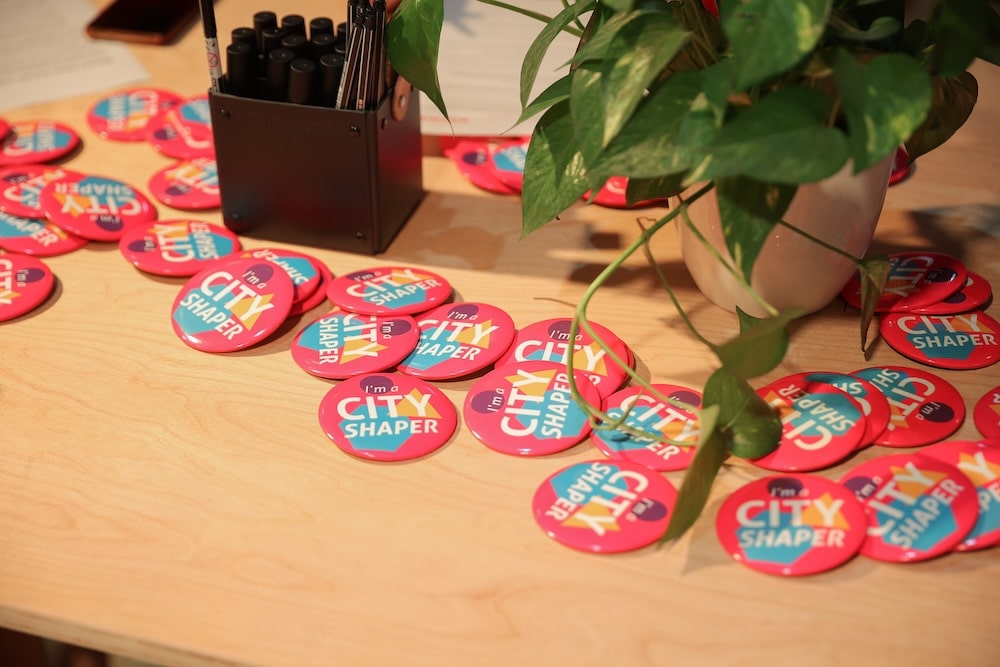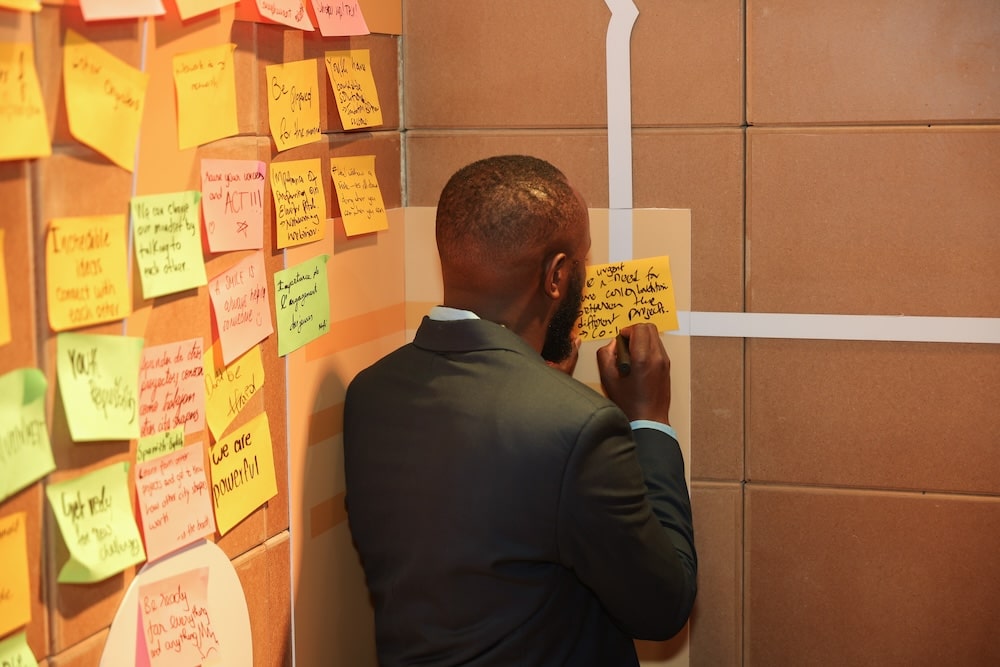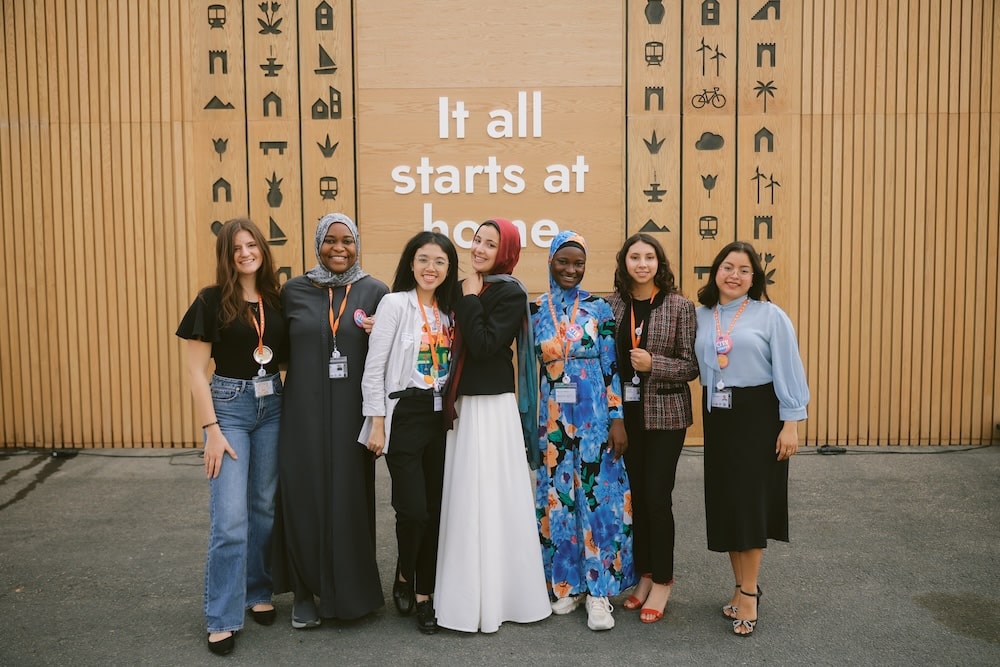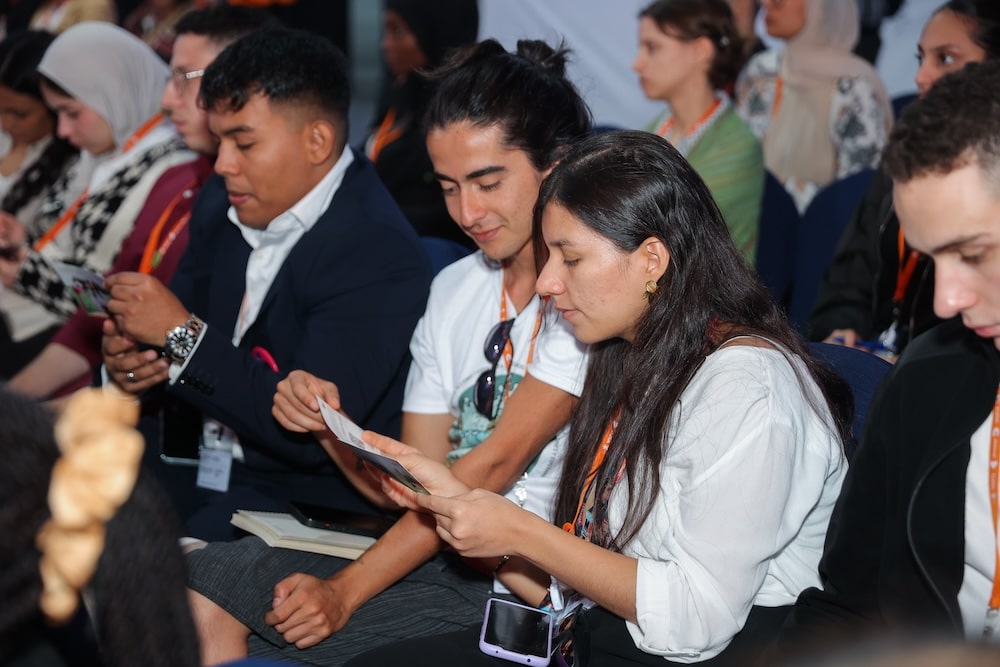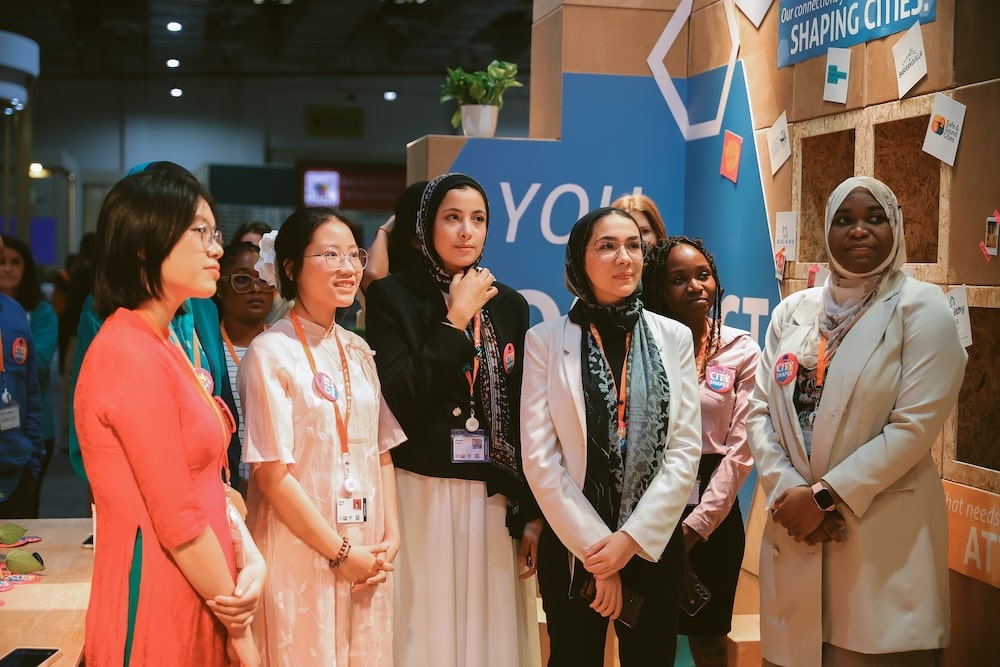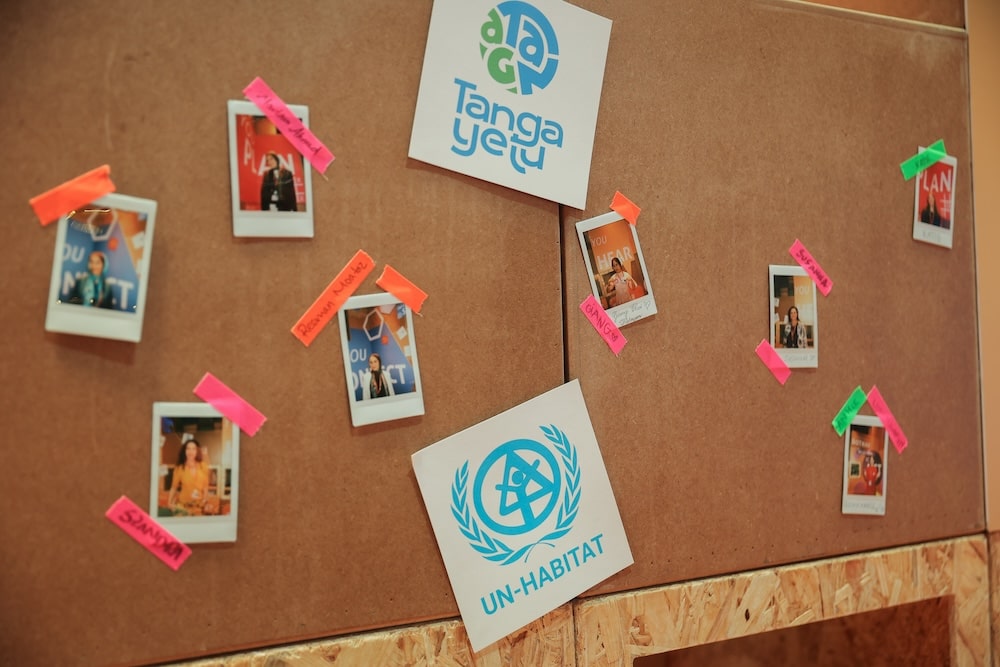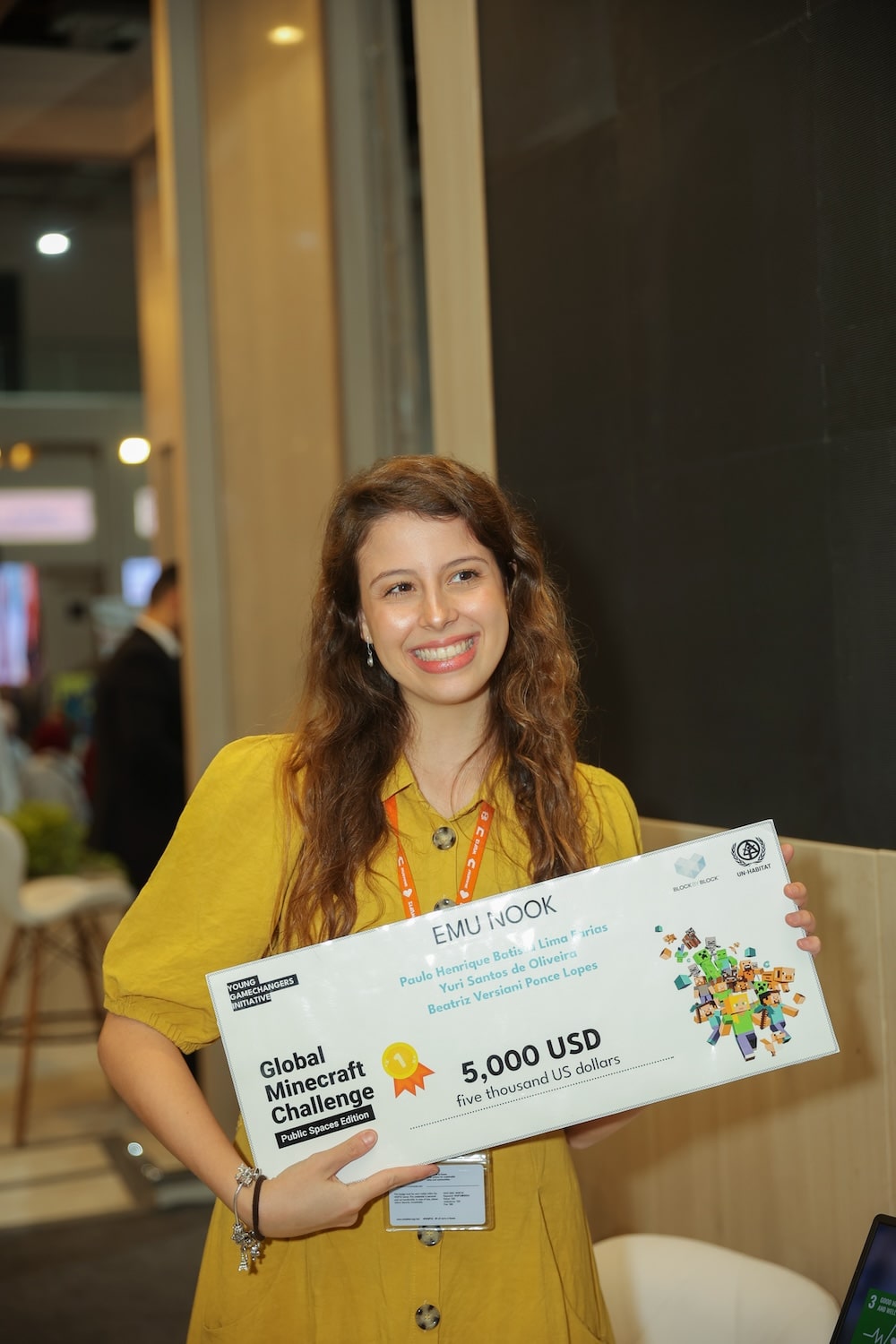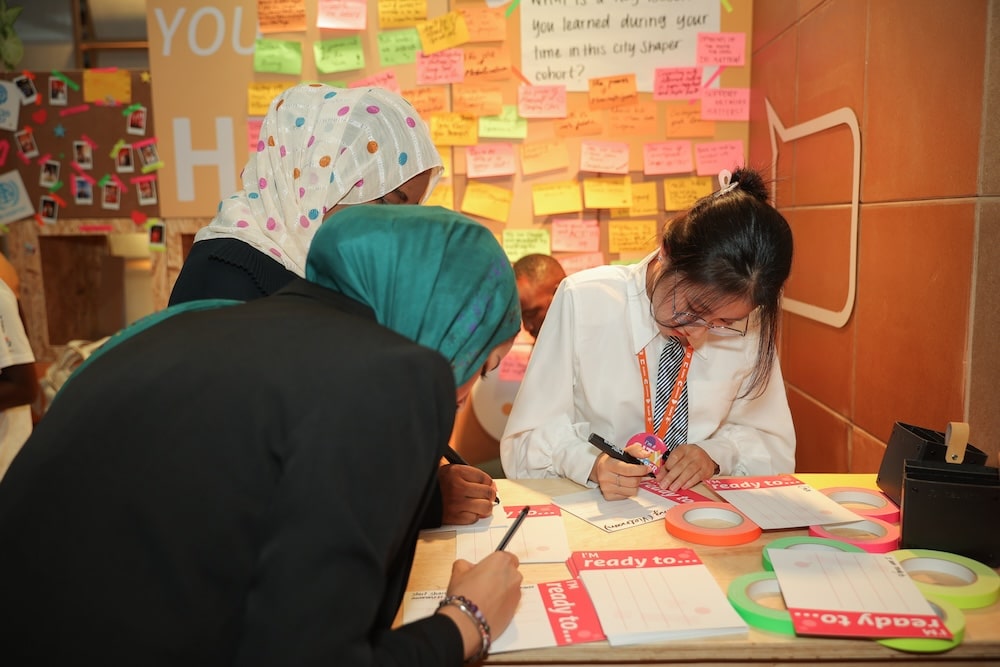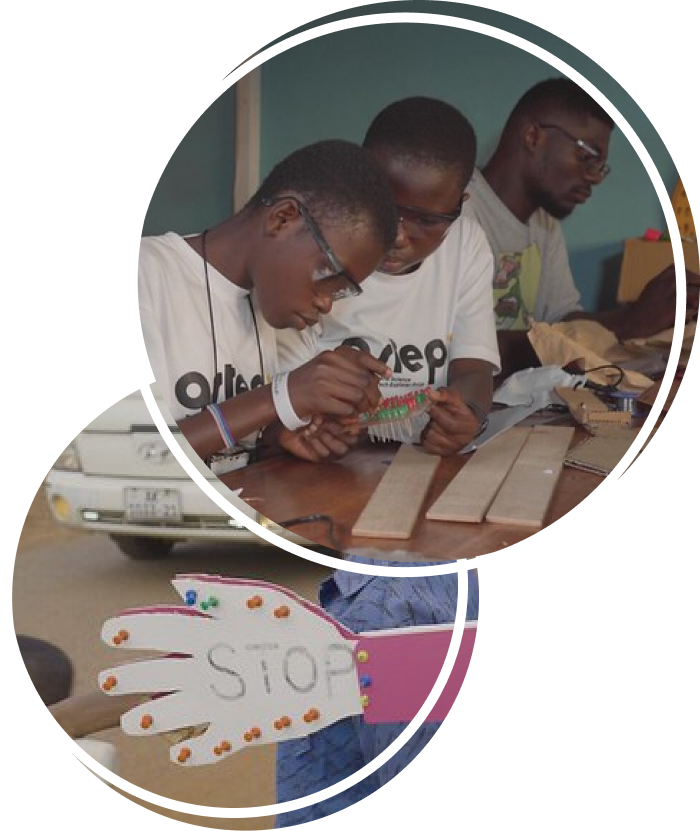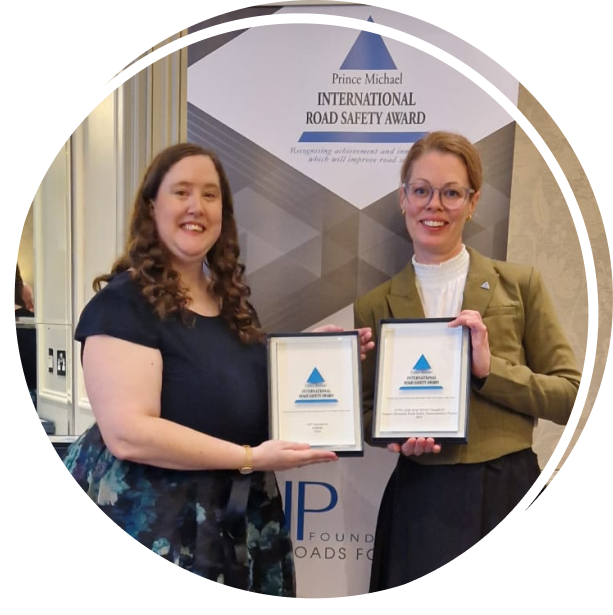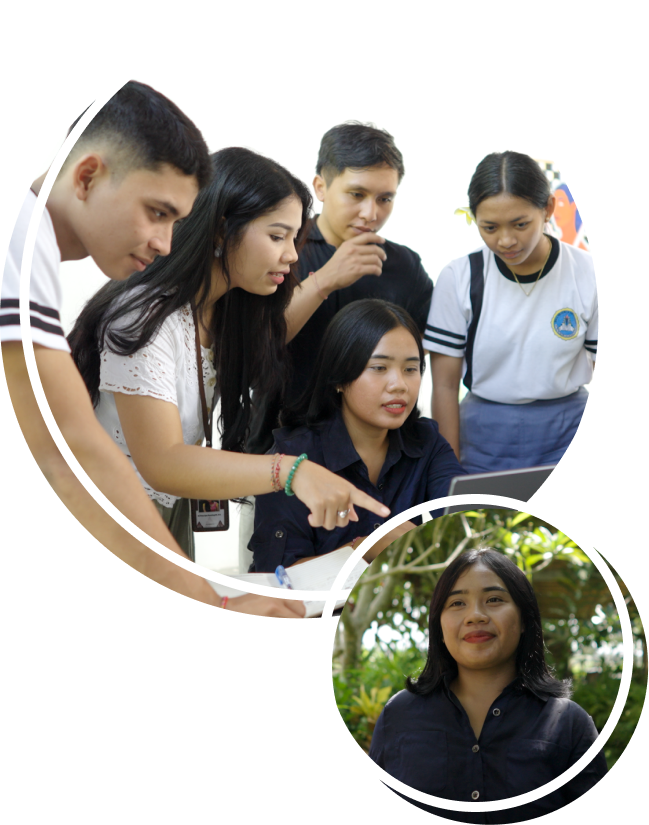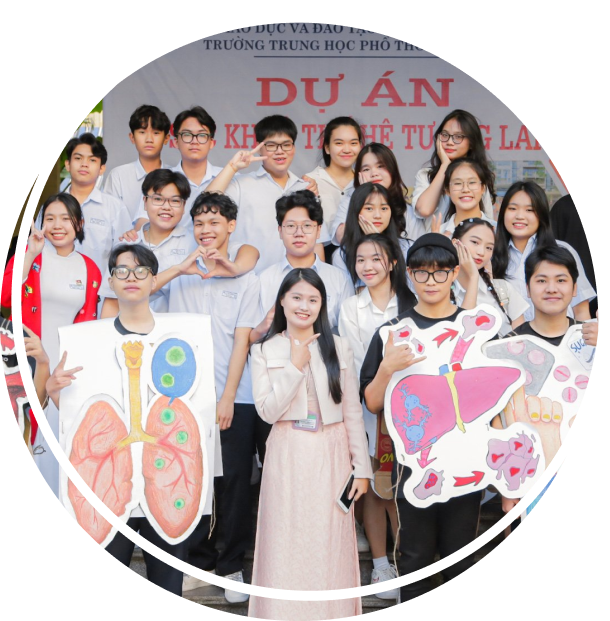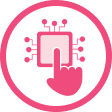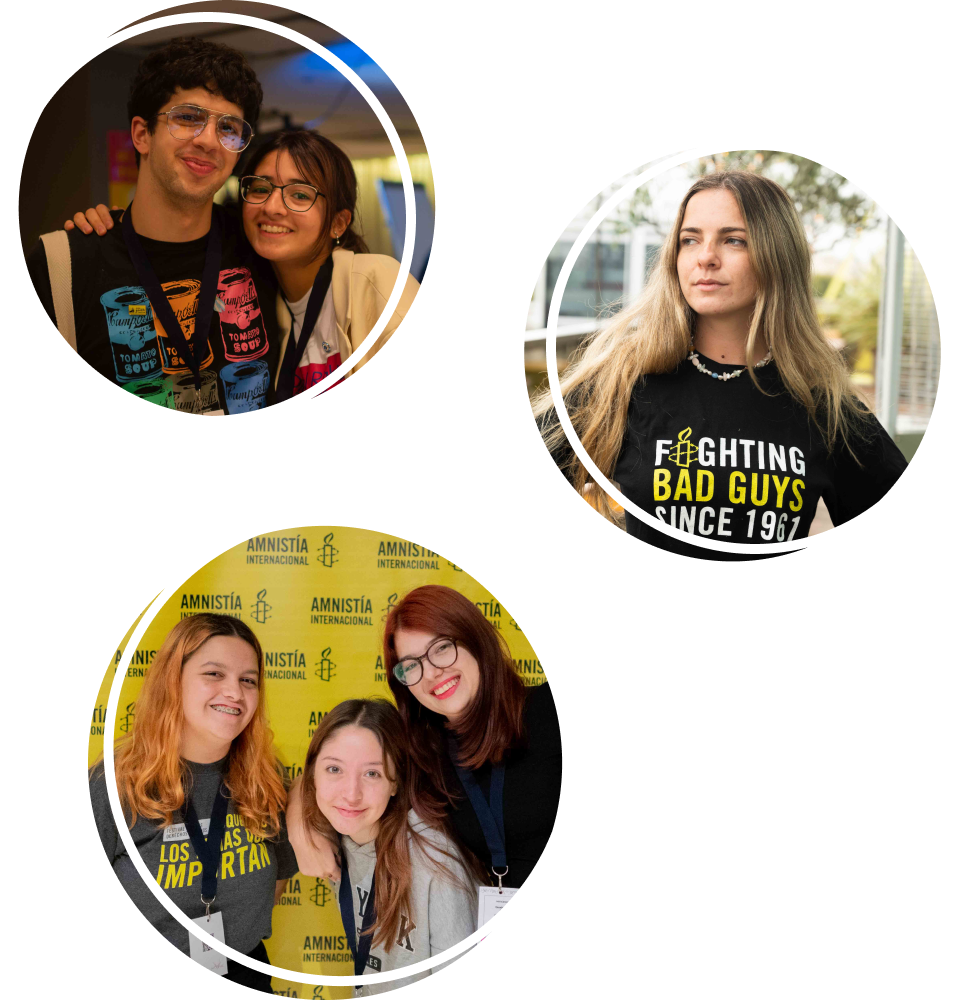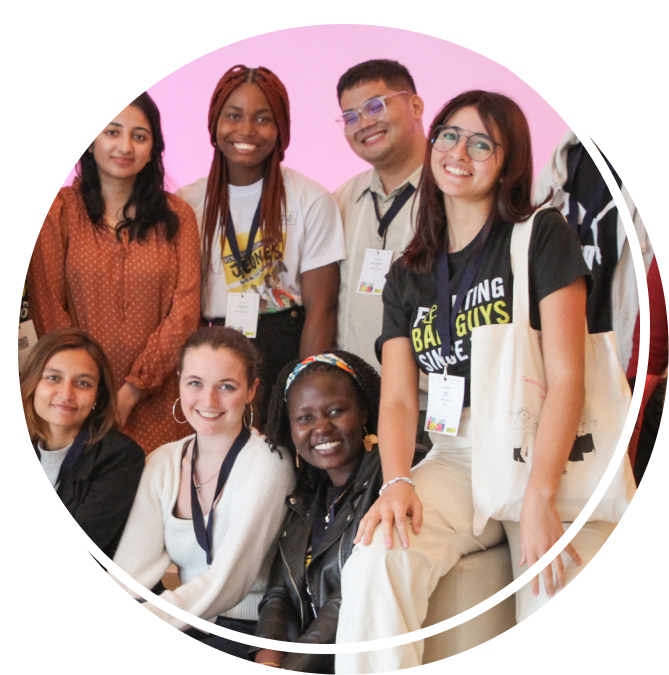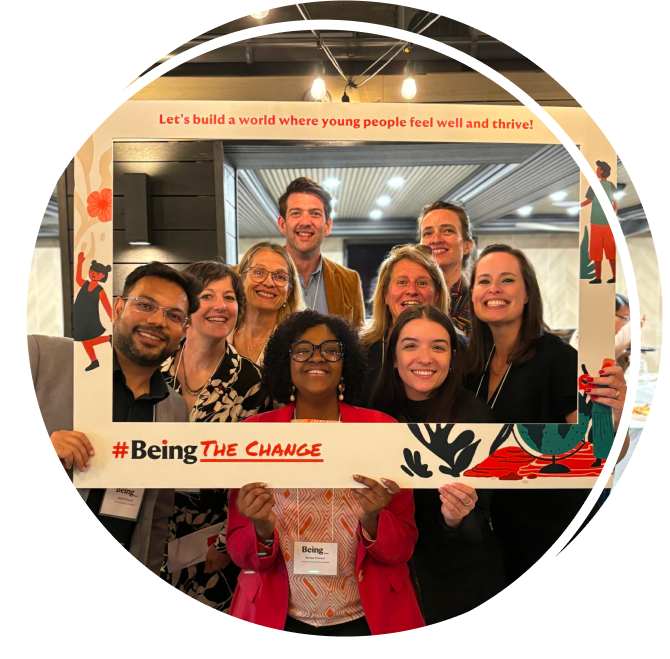Improving maternal, child and adolescent health in Tanzania
Fondation Botnar supports Afya-Tek, an initiative in Tanzania dedicated to enhancing the quality and coordination of care, and the use of data across the public and private health system by digitally linking three key providers: community health workers, Accredited Drug Dispensing Outlets (ADDOs) and primary health facilities.
Challenge
Tanzania is among the poorest nations in the world. With its healthcare system experiencing a limited allocation of resources, more than 600,000 preventable deaths for under-five year olds, 1.2 million unintended pregnancies (including 26% of adolescent girls aged 15-19), and 9,000 preventable maternal deaths are experienced each year (Tanzania DHS 2015).
While community health workers, health facilities, and Accredited Drug Dispensing Outlets (ADDOs) already support individual and family health at the community level, there are few formal linkages between them. ADDOs and community health workers also have limited access to ongoing health training and opportunities for the exchange of critical learning and knowledge.
Tanzania started to apply digital technology to healthcare in the 1990s, aiming to digitise the country’s health management system. While some great successes have been achieved, there is still room for scaling up and improving coordination.

Over 255,000 individuals registered
Since its inception, Afya-Tek has registered over 255,000 individuals, significantly improving access to healthcare in Tanzania. With nearly 500 system users trained and 100,000 private drug shop visits recorded, the programme has seen referral completion rates soar to 90%—three times higher than typical health programmes. Notably, almost 28,000 adolescents have benefited from the programme, highlighting its pivotal role in enhancing adolescent health outcomes.
Images: D-Tree
